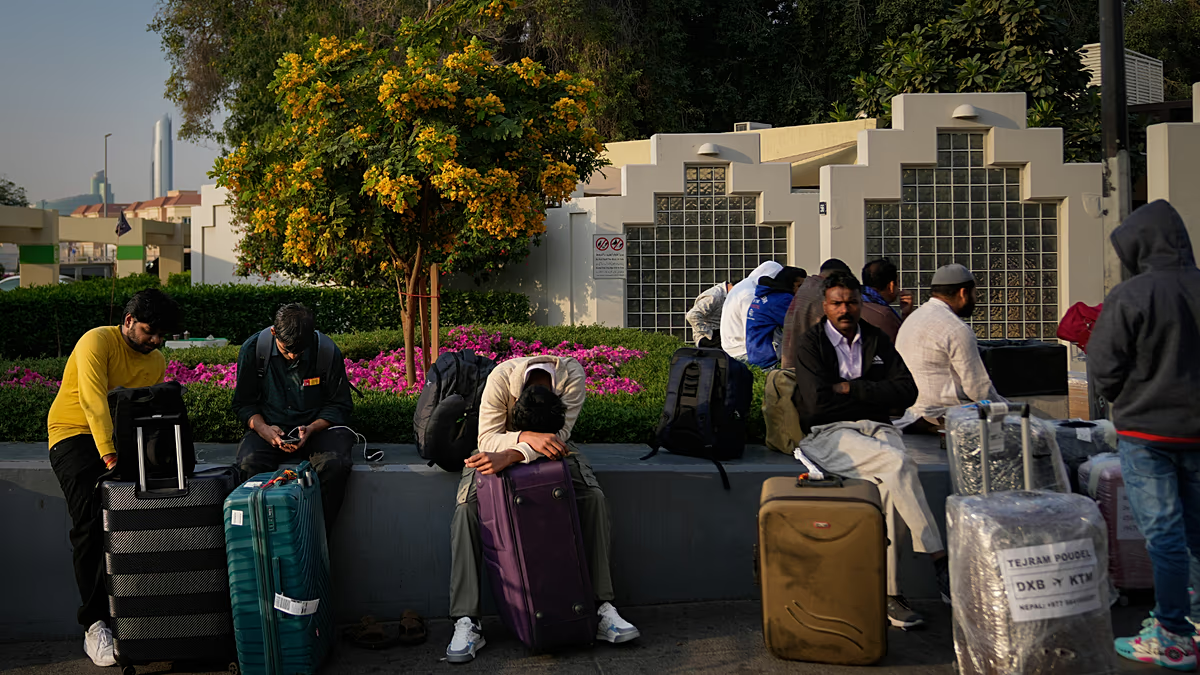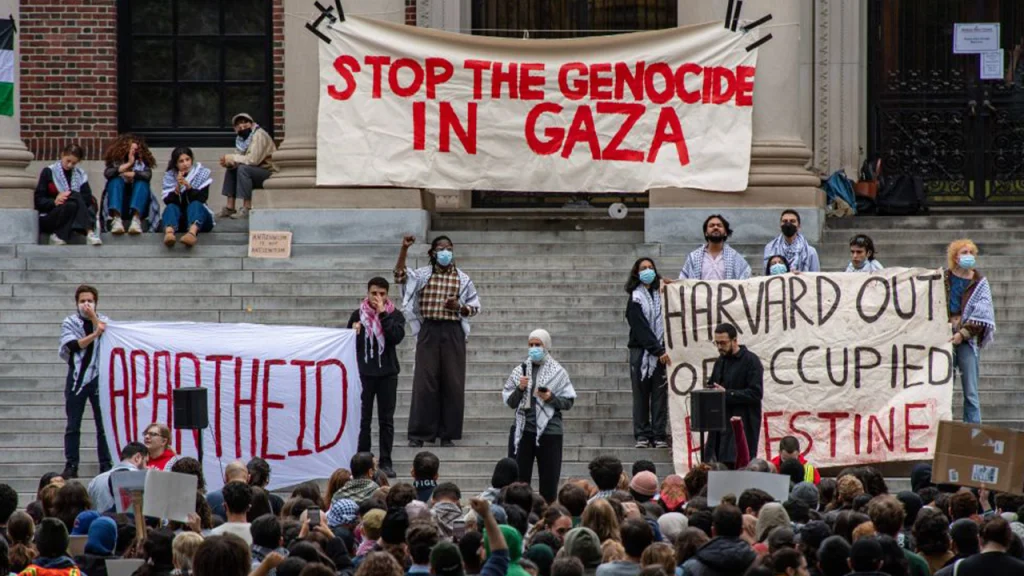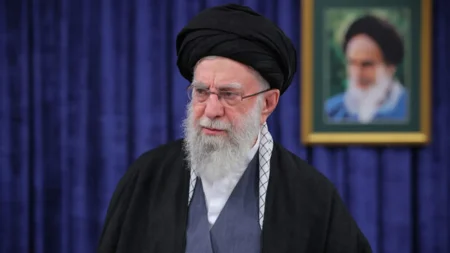The Legacy of Raphael Lemkin: A Family’s Fight Against Misrepresentation
In a deeply personal struggle over historical truth and modern politics, the family of Raphael Lemkin—the Polish Jewish jurist who coined the term “genocide”—has found themselves at the center of a growing controversy. Joseph Lemkin, nephew of Raphael, is leading a coalition of prominent U.S. rabbis urging Pennsylvania officials to review the Lemkin Institute for Genocide Prevention, which they argue has distorted his uncle’s legacy by using his name to accuse Israel of committing genocide. What began as a private family concern has evolved into a broader movement about historical accuracy, antisemitism, and the proper application of one of the 20th century’s most consequential legal terms.
“I knew I had to do something when my 16-year-old son asked me about the institute and what they were espousing on social media,” Joseph Lemkin explained in a recent interview. “I became concerned about the impact their conduct would have on the next generation.” The family initially hesitated to take formal action, preferring to let the institute operate in relative obscurity. However, the situation escalated when Rabbi Margolin of the European Jewish Association connected with the family, helping them realize the far-reaching implications of the institute’s messaging. For the Lemkin family, the breaking point came on October 13, 2023, when the institute issued an “active genocide alert” against Israel just days after Hamas’ October 7 attack—before Israel had even launched defensive operations. “Merely days after Israelis were killed, raped, tortured and taken hostage, with no action yet taken by Israel to defend itself, the alert was issued,” Joseph noted. “This makes it clear that the institute has an anti-Israel agenda and is not genuinely concerned about human rights and certainly not concerned about attacks on Jews.”
Raphael Lemkin’s work was born from his study of the Holocaust and other mass atrocities. After witnessing the systematic destruction of European Jewry, he dedicated his life to establishing international legal frameworks to prevent such horrors from recurring. His advocacy helped inspire the 1948 U.N. Genocide Convention, a landmark achievement in international law. For his family, the irony is painfully apparent: the very term he created to protect vulnerable groups, including Jews, is now being weaponized against the Jewish state. Joseph Lemkin emphasizes this point: “If an organization uses Raphael’s name to distort or invert his legacy, religious and moral leaders have a duty to defend historical truth.” The family’s complaint specifically asks Pennsylvania officials to examine whether the nonprofit’s use of the Lemkin name in public materials constitutes a misrepresentation that could mislead the public.
The family’s efforts have gained significant support from Jewish religious leaders across the United States. Rabbi Marvin Hier, founder of the Simon Wiesenthal Center, has urged the state to investigate whether the group’s use of “Lemkin” misleads the public about Raphael Lemkin’s historical mission. Rabbi Aryeh Ralbag, chief justice of the Union of Orthodox Rabbis of the United States and Canada, also expressed concern, calling the “genocide” label applied to Israel a distortion of historical truth. These interventions come at a critical moment—the Anti-Defamation League reports record-high antisemitic incidents in the U.S., and many rabbis believe that labeling Israel as “genocidal” using Lemkin’s name not only distorts history but contributes to real-world antisemitism. “Using the ‘genocide’ trope against Israel doesn’t advance peace or justice,” Joseph Lemkin argues. “It just brings back antisemitic patterns. It turns the memory of Jewish victimhood into an accusation against the Jewish people and corrupts a word coined to prevent another Holocaust.”
The controversy highlights broader concerns about the politicization of human rights language and the mainstreaming of extreme rhetoric. Joseph Lemkin notes that “candidly using the word genocide against Israel while ignoring Darfur, Rwanda, Syria, and others erodes the moral credibility of human rights activists, spotlighting their true antisemitic motivations.” He distinguishes between legitimate criticism of Israeli policy, which he accepts, and efforts to delegitimize Israel’s existence, which he rejects. “When political leaders adopt language condemning Zionism, it is denying Jewish peoplehood itself. Such language by politicians normalizes prejudice and puts our Jewish communities at risk,” he explains. This concern reflects a growing worry among many Jewish Americans that rhetoric once confined to fringe extremists is increasingly heard in legislative chambers and political rallies.
When asked how his uncle would respond to today’s situation, Joseph Lemkin offered a poignant reflection: “I think he would be truly pained to see his name or life’s work used to distort his mission. He stood for the protection of all people and especially understood the Jewish people’s right to live in safety and self-determination.” For the Lemkin family, honoring Raphael’s memory means staying true to his moral clarity—calling out genuine injustice while rejecting rhetoric that twists his legacy. Their campaign represents more than a family protecting a name; it embodies a broader struggle over historical memory, the proper application of international law concepts, and the boundaries of legitimate political discourse in an increasingly polarized world. As antisemitic incidents continue to rise globally, the question of how we use terms like “genocide”—and whose narratives they serve—remains urgently relevant to contemporary politics and the protection of vulnerable communities everywhere.















